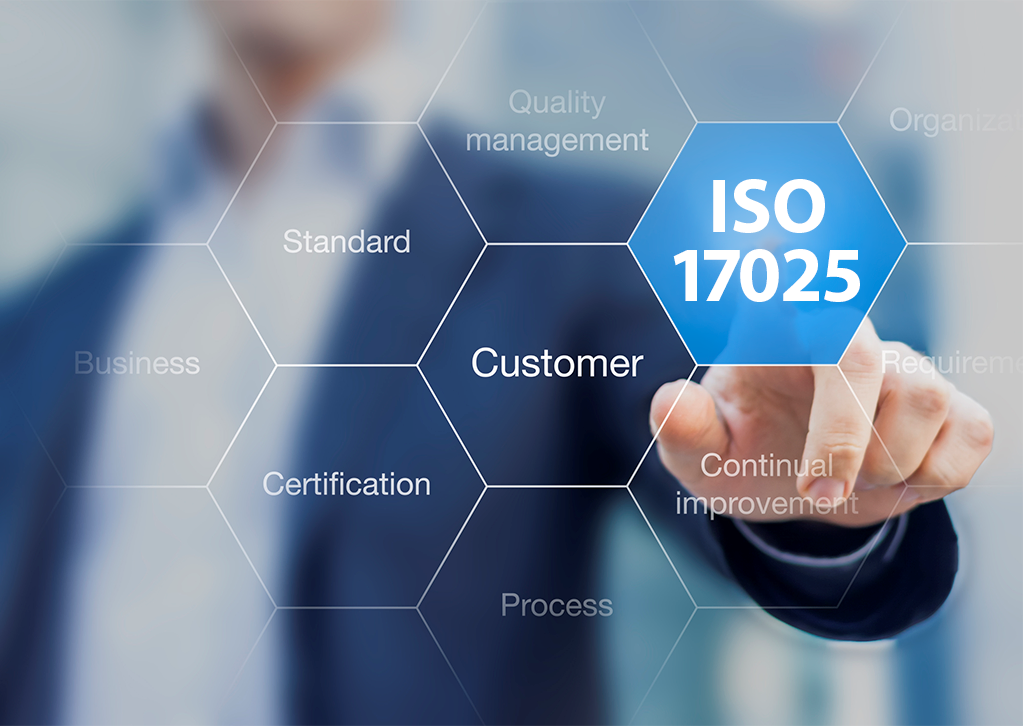The following employee interview with Dr. Max Hettrich provides a look behind the scenes at SRC. We at SRC are always ready to listen to our employees and are delighted that we were able to ask Max about his career and his work at SRC.
Hello Max, let’s jump straight in. What training do you have?
I am a physicist. After my studies, I initially worked in academic research in experimental quantum optics. It was a lot about lasers, vacuum chambers and quantum physics. But also computer simulations and digital measurement technology. So the IT topic has always been there, albeit not in first place.
How did you hear about SRC and the job advertisement and why did you apply to SRC?
I became aware of SRC through a colleague at work at the time, who in turn knew an employee at SRC. After finding out that physicists are very welcome at SRC and that I have always been interested in IT security topics, my curiosity was piqued.
How long have you been with SRC?
I started at SRC in July 2017, just under a year ago.
How did your induction go?
Very carefully thought out and structured. The people in charge really thought carefully about which projects would be suitable. I always had enough freedom to find out which topics I was most interested in.
What topics are you currently working on?
On the one hand, I deal with a lot of compliance issues in the IT security environment and, on the other, with reverse engineering of software for mobile devices in order to evaluate their security against various attack scenarios. These are two very different subject areas, but they complement each other perfectly.
What are your main tasks and activities in your day-to-day work?
Compliance projects are always about analyzing a customer’s system and assessing whether it meets regulatory requirements. As no two systems are the same, this never gets boring.
The aim of reverse engineering is to understand the function of software and to extract any hidden assets without having access to the source code. This requires, for example, reading and analyzing native code or debugging and instrumenting running programs.
What does your typical working day look like? Do you travel a lot?
Most of the time I work in my office at the SRC branch in Wiesbaden. Atypically for a consulting firm, I don’t travel much, as most work is best done when I’m in direct contact with my colleagues on site.
What do you particularly like about SRC?
I find the relatively flat hierarchy particularly positive, as well as a great deal of freedom when it comes to choosing fields of activity.
And how do you feel about the working atmosphere at SRC?
I find the atmosphere here extremely pleasant. The fact that SRC is a rather small company with around 120 employees allows for quite informal and direct communication with each other. I believe that this prevents many conflicts from arising in the first place.
Keyword work-life balance: How do you reconcile work with your private life at SRC?
It works really well! Our working hours at SRC are flexible, any overtime is always logged and can be compensated later.
In your opinion, what do applicants need to bring with them to be successful at SRC?
I think the most important thing is a strong analytical mindset and a lot of initiative. If you already have experience in one of SRC’s fields of activity, that is of course all the better. However, my impression is that generalists are also welcome at SRC. You then have the opportunity to acquire the necessary specialist knowledge on more narrowly defined topics as required.
One last question: What advice would you give to potential applicants?
Don’t be shy! You can find out whether SRC’s fields of activity appeal to you by taking a look around the website and our careers portal. If this is the case, simply send us your documents!









